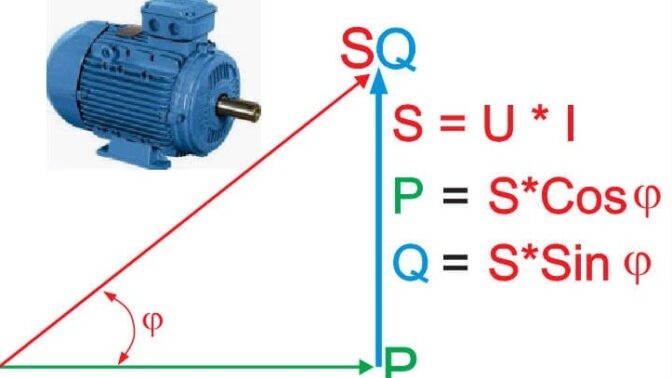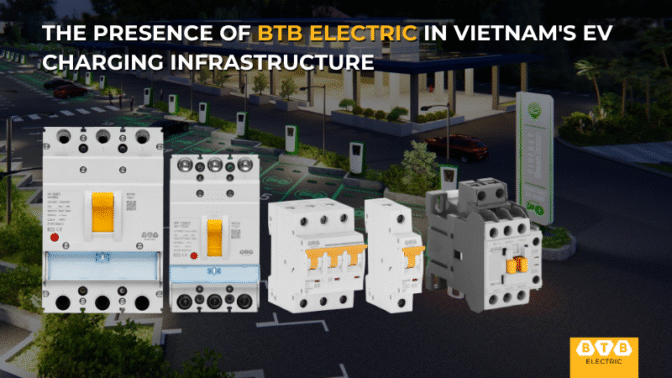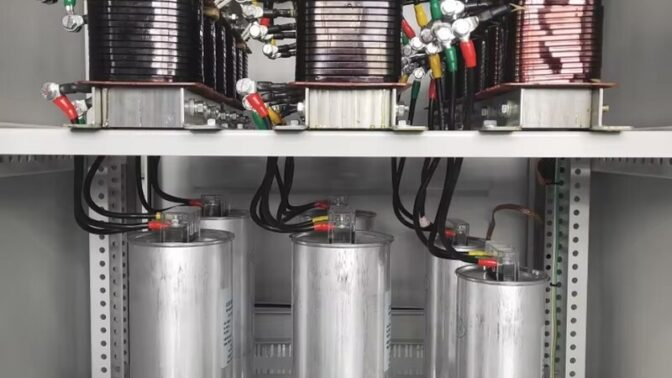24-12-2025
Type Test Items for Contactors According to IEC Standards
A contactor is an electrically controlled switch used for switching an electrical power circuit remotely via control signals, commonly found in industrial electrical systems. It operates on the principle of electromagnetism: when the coil is energized, it creates a magnetic force that pulls the contacts closed, allowing current to flow. When the coil is de-energized, a spring mechanism returns the contacts to their original position, interrupting the current.
Contactors are widely used to control motors, power capacitors, lighting systems, and other high-power electrical equipment. Their advantages include safe operation, electrical isolation between the control and power circuits, long service life, and easy integration with protective devices.
IEC standards applicable to contactors
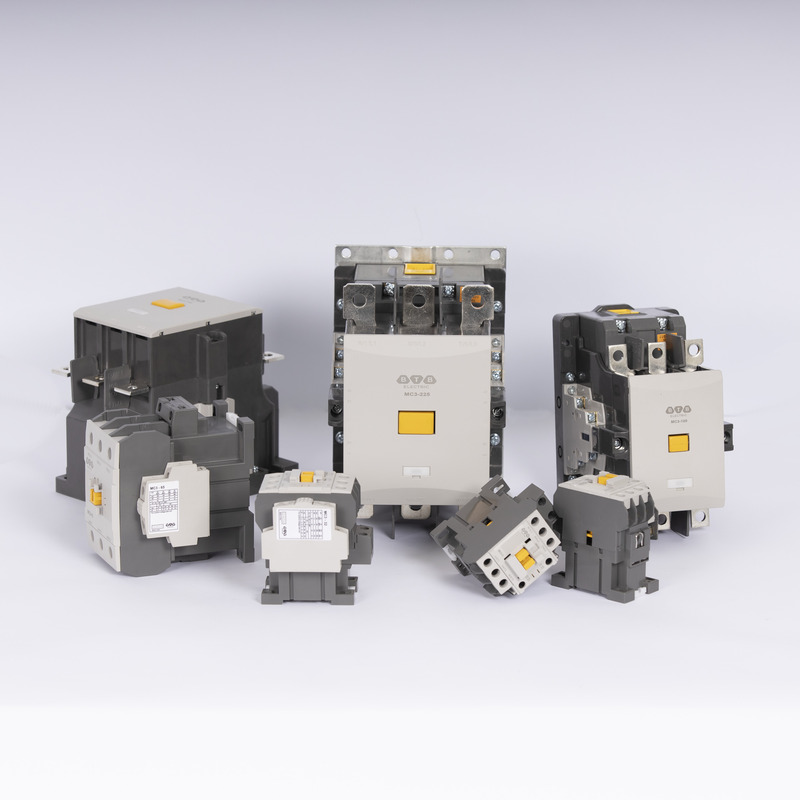
The International Electrotechnical Commission (IEC) has issued the following standards related to contactors:
- IEC 60947-4-1: Main standard for AC motor contactors used in power circuits.
- IEC 60947-1: General standard for all low-voltage switchgear and controlgear.
- IEC 60947-5-1: Applicable to control circuit devices such as contactors and relays.
- IEC 62026: Applies to contactors with integrated digital communication functions.
Among these, IEC 60947-4-1 is the principal standard for contactors and motor starters used to start, stop, and control single-phase and three-phase asynchronous motors. It specifies requirements for design, electrical and mechanical characteristics, testing, and safety.
Typical type test items for contactors

Type tests are conducted to verify the conformity of contactors and motor starters to the design specifications as required by IEC 60947-4-1. The typical tests include:
- Temperature rise limits
- Dielectric properties
- Rated making and breaking capacities
- Switching capability and reversibility (if applicable)
- Conventional operational performance
- Impact and impact endurance
- Overload current withstand capability
- Performance under short-circuit conditions
- Mechanical characteristics of terminals
- Degree of protection of enclosed contactors and starters
- EMC testing (if applicable)
Compliance with type tests according to IEC 60947-4-1 ensures that contactors operate safely and reliably in real-world applications. These tests assess the ability to withstand heat, overload currents, short circuits, and mechanical stress. They also confirm long-term durability and proper switching performance as designed. Meeting international standards facilitates global market acceptance of the equipment. This serves as a crucial foundation for evaluating, selecting, and certifying equipment in industrial electrical systems.
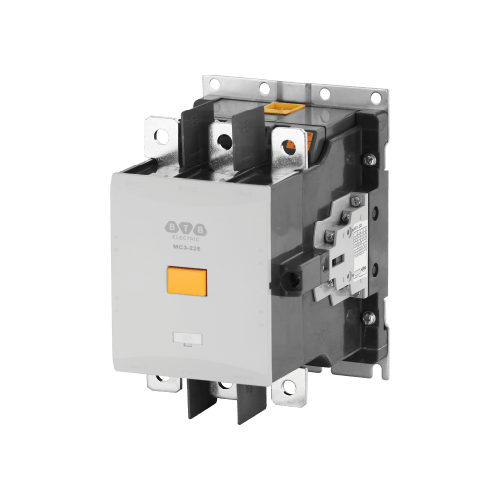 |
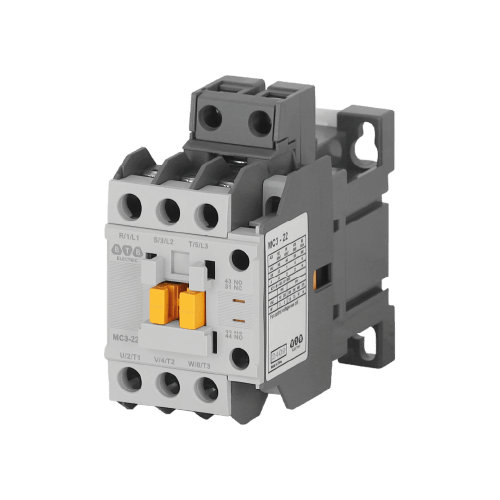 |

